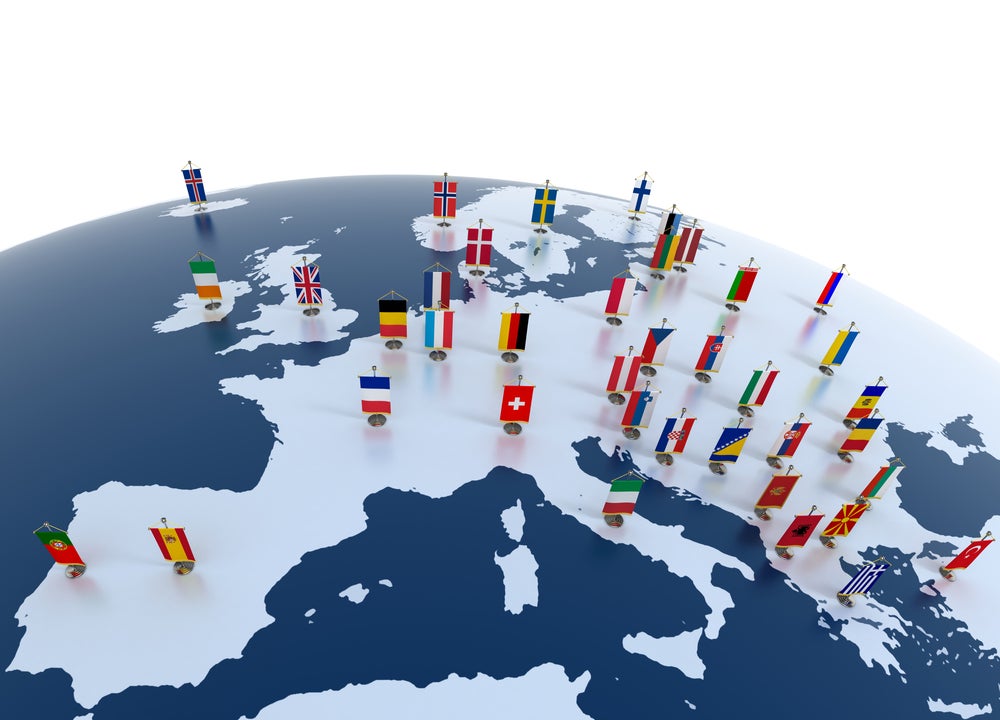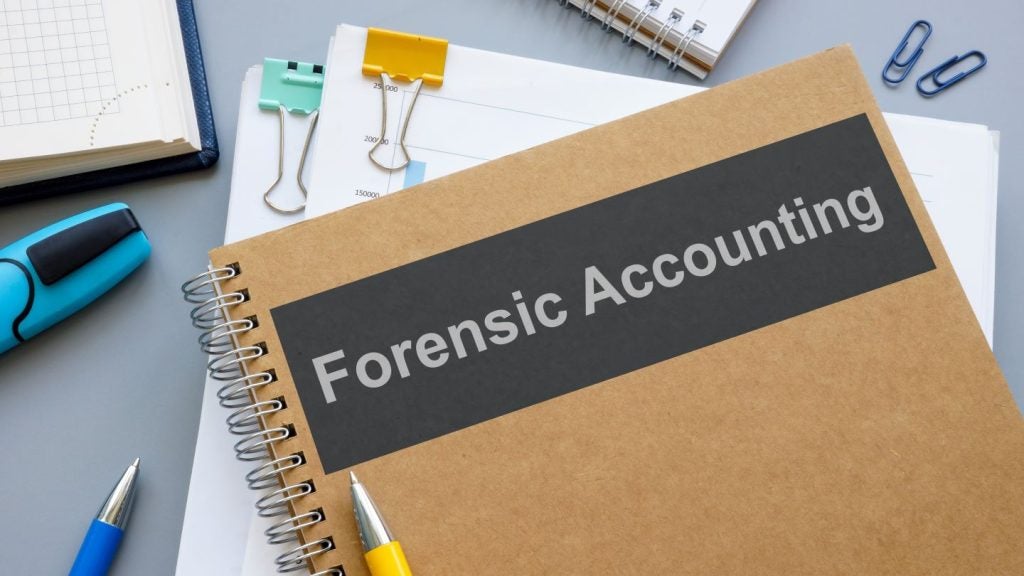
Finland is the best country in the EU for women in the workplace, a new study has revealed.
Personal finance experts Finansvalp analysed Eurostat data on seats held by women in national parliaments, women in senior management positions, and the 2022 median net income by gender in the 27 EU member countries. Each country was given a gender-equality score out of 50 and ranked from worst to best.

Access deeper industry intelligence
Experience unmatched clarity with a single platform that combines unique data, AI, and human expertise.
Finland topped the study as the best country for gender equality in the workplace. The country ranked above every other destination due to a high percentage of women in senior roles nationwide. Women make up 72.4% of seats in the national government, the highest percentage of any country in the EU. Finland also placed second for the share of women in seats at national parliament with 46%. Despite a high volume of women taking on senior positions in the country, the gender pay gap still seems to be an issue in Finland. The median net income for men in 2022 sat at €27,353, while women earned 6.04% less on average with €25,719.
Portugal fell just short of Finland, ranking second for gender equality in the workplace. In 2022, the median net income in Portugal was higher for women than men, positioning the country as the only EU nation where female workers earn more on average. Women took home a median net income of €11,038, 0.53% more than the median wage of €10,979 for men. While annual earnings propelled Portugal near the top of the study, the country had the sixth lowest share of female executives, with women counting for only 16.9% of executives at Portugal’s largest publicly listed companies.
France claimed third spot on the study of the EU countries with the most gender-equal workplaces. The country rated high for gender equality thanks to a large percentage of women in leadership roles in some of its biggest publicly listed companies. Women made up 46.1% of board members at these major corporations, the highest percentage of any EU country. One of every four executives at the same companies are women (29%), second only behind Lithuania.
Sweden placed fourth on the study for gender equality in the workplace. The country is home to the most gender-equal parliament in the EU. Approximately 46.6% of seats in the national parliament are held by females, more than any other nation. Sweden also has the fourth-highest percentage of female executives at the country’s large public organisations, with women representing 28.6% of all executives.

US Tariffs are shifting - will you react or anticipate?
Don’t let policy changes catch you off guard. Stay proactive with real-time data and expert analysis.
By GlobalDataThe Netherlands rounded out the top five EU countries for women in employment. The country ranked high for female representation in the national government (53.6%) and national parliament (29%). While women make up a large proportion of seats at government and parliament level, men still tend to earn more on average in the Netherlands. According to the 2022 median net income, men earn 5.28% more than women in the country.
Belgium is home to the sixth most gender-equal workplaces in the EU. More than half (55%) of the seats in Belgium’s national government are held by women, the second-highest percentage of any nation in the study. The country’s female representation also remains high at parliament level as well, with females taking 42.9% of all seats. Belgium also has the 11th lowest gender pay gap in the EU, with the median net income of men 3.37% higher than women.
Denmark secured seventh place on the study of the best EU countries for women to work. The country ranked high due to having the 8th lowest gender pay gap in the EU (3.03%) and large proportion of women in senior roles across the nation. Precisely 44.1% of seats at Denmark’s national parliament are held by females, with only Sweden and Finland having a higher rate in the EU. The country also has the third-highest rate of female board members at its largest publicly listed companies (41.4%), just below France and Italy.
Spain, Germany, and Lithuania filled out the top 10 EU countries with the most gender-equal workplaces. Spain and Germany rated high for female representation at government and parliament level, while Lithuania claimed 10th place on the study thanks to the highest share of female executives of any EU nation.
Table: The EU countries with the most gender-equal workplaces
| Ranking | Country | Gender-equal workplace score/50 |
| 1 | Finland | 36.86 |
| 2 | Portugal | 36.09 |
| 3 | France | 33.63 |
| 4 | Sweden | 33.15 |
| 5 | Netherlands | 31.33 |
| 6 | Belgium | 31.00 |
| 7 | Denmark | 29.76 |
| 8 | Spain | 29.26 |
| 9 | Germany | 29.06 |
| 10 | Lithuania | 27.47 |
| 11 | Ireland | 26.12 |
| 12 | Latvia | 25.98 |
| 13 | Italy | 24.92 |
| 14 | Slovenia | 24.87 |
| 15 | Croatia | 23.18 |
| 16 | Austria | 22.43 |
| 17 | Romania | 20.53 |
| 28 | Bulgaria | 20.46 |
| 19 | Estonia | 20.10 |
| 20 | Poland | 18.54 |
| 21 | Malta | 18.12 |
| 22 | Greece | 18.08 |
| 23 | Luxembourg | 16.57 |
| 24 | Slovakia | 15.65 |
| 25 | Czechia | 15.29 |
| 26 | Cyprus | 14.62 |
| 27 | Hungary | 10.00 |
Commenting on the findings, Finansvalp, Olle Pettersson, said: commented on the study: “In the last 20 years, the number of women holding seats at national government and national parliament level in the EU has risen by over 50%, while the share of female board members at the largest publicly listed companies has exploded by 312%.
“If the trend of greater female representation continues in senior positions across the EU, we should hopefully see the gender pay gap reduce, making many countries more inclusive places for women to work.”






